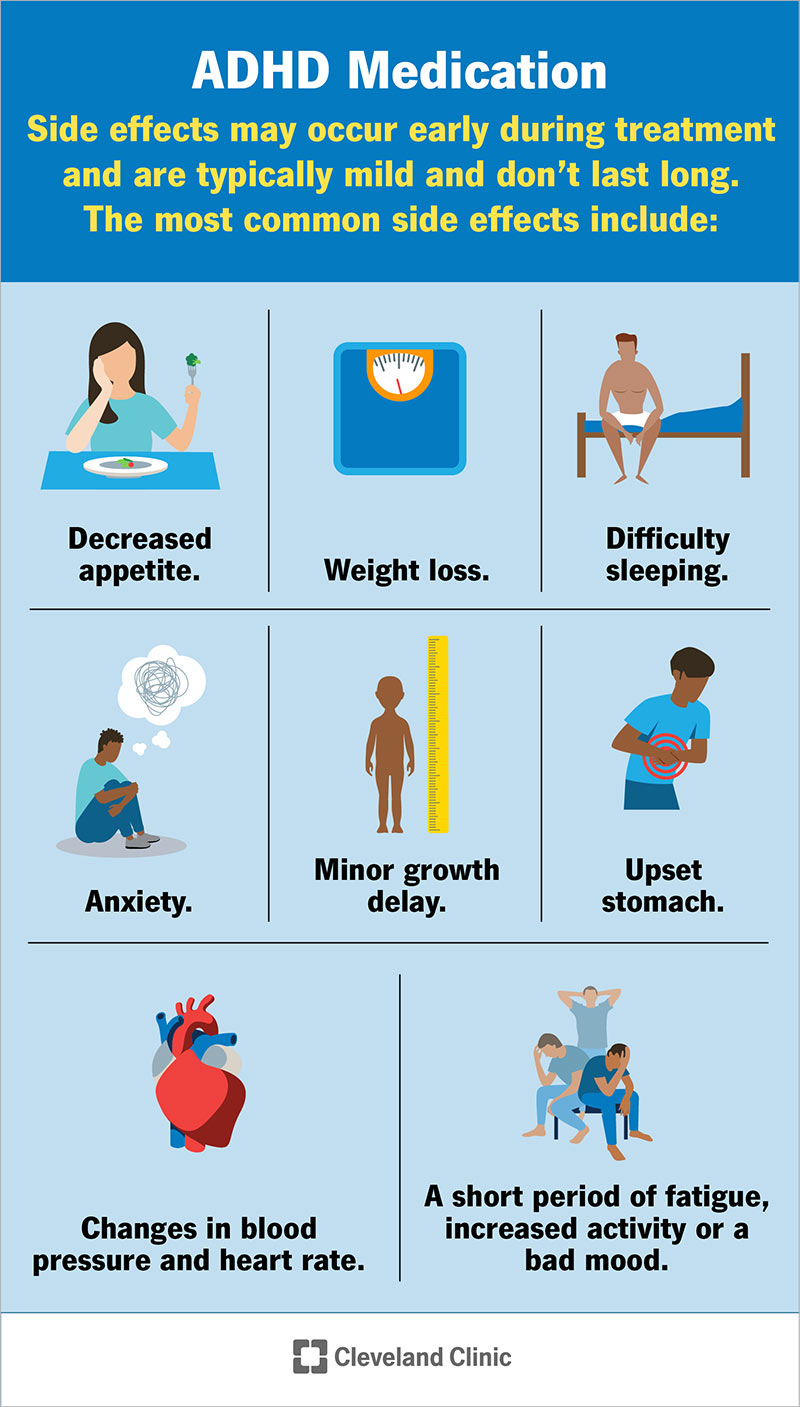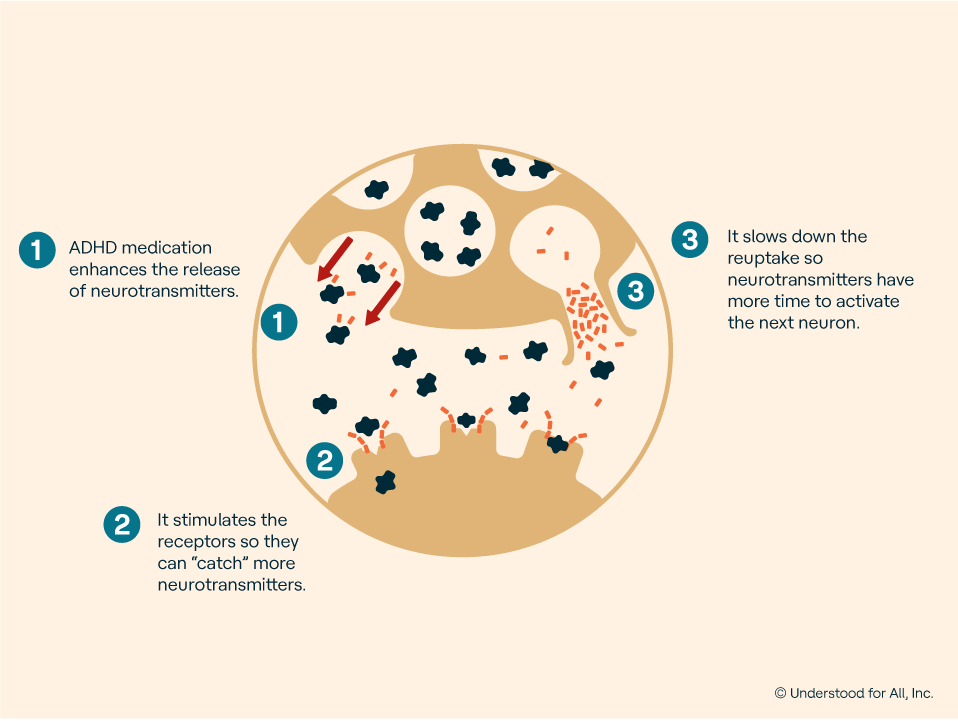Telehealth Psychiatrist Consultations for Convenient Care
Telehealth Psychiatrist Consultations for Convenient Care
Blog Article
Your Guide to Finding the Right ADHD Therapy for Enduring Outcomes
Navigating the intricacies of ADHD therapy calls for a nuanced understanding of both the condition and the myriad alternatives available for reliable administration. It is vital to identify that what help one person may not necessarily produce the same outcomes for another. Therefore, a customized technique-- integrating professional advice, medication, behavioral approaches, and way of life changes-- comes to be vital. The journey toward identifying the most suitable therapy strategy can be stuffed with difficulties. What are the crucial elements that affect successful outcomes, and just how can individuals guarantee they are on the best path?
Recognizing ADHD and Its Effect

In grownups, ADHD can lead to difficulties in work environment settings, affecting efficiency, time monitoring, and interpersonal relationships. Often, undiagnosed or improperly managed ADHD can add to co-occurring mental health problems, such as anxiety and anxiety, further making complex a person's overall health.
The social understanding of ADHD can vary, causing preconception and misconception, which may impede individuals from seeking assistance. As understanding expands, it is vital to promote an environment that advertises understanding and assistance for those impacted by ADHD, stressing the demand for exact medical diagnosis and customized approaches to alleviate its influence on everyday life.
Overview of Therapy Alternatives
A thorough strategy to treating ADHD incorporates a range of alternatives tailored to the person's special demands. These options can generally be categorized right into behavior treatments, psychoeducation, and lifestyle modifications, alongside pharmacological treatments that might be explored later.
Behavior treatments, such as cognitive-behavioral therapy (CBT), emphasis on changing specific habits and establishing coping methods to take care of symptoms effectively. Psychoeducation plays a critical duty in encouraging both individuals and their households by giving information regarding ADHD, its challenges, and effective approaches for support.
Lifestyle adjustments can dramatically impact ADHD administration. Normal exercise, a balanced diet, and sufficient rest contribute to general wellness and symptom control. Mindfulness methods and relaxation methods can likewise improve emphasis and decrease impulsivity.
Support groups and household treatment can promote a sense of neighborhood and understanding, aiding people really feel much less he has a good point separated in their experiences. Each treatment choice need to be considered in conjunction with the individual's choices and circumstances, ensuring a holistic method that promotes long-lasting success. Ultimately, the goal is to develop a tailored treatment plan that addresses the particular challenges connected with ADHD while boosting general high quality of life.
Drug: Advantages And Disadvantages
Medication plays a crucial duty in the treatment of ADHD, with countless choices available that can substantially ease signs for many people. Stimulants, such as methylphenidate and amphetamines, are typically prescribed and have revealed effectiveness in boosting focus, reducing impulsivity, and boosting total habits. These drugs function by increasing dopamine and norepinephrine degrees in the brain, which are usually dysregulated in those with ADHD.
However, using drug is not without its challenges. Some people may experience adverse effects, including sleeping disorders, reduced appetite, or raised stress and anxiety. Finding the ideal dose can be an experimental procedure, needing close tracking by healthcare specialists. Additionally, not all clients react to stimulant medicines, leading some to check out non-stimulant choices, which may have a postponed start of action or different side impacts.
It is essential for people and their families to evaluate these pros and disadvantages very carefully. Balancing the benefits of symptom monitoring versus potential adverse effects is crucial for attaining optimum treatment outcomes. Collaboration with health care carriers can promote enlightened choices, making certain that drug is part of a comprehensive ADHD management strategy.
Behavior Modification Strategies

One frequently employed method is Cognitive Behavioral Therapy (CBT), which helps individuals determine and alter unfavorable idea patterns that add to ADHD-related challenges. Therapist for ADHD. Through CBT, clients learn to set reasonable goals, handle time properly, and develop business systems
One more efficient method is Moms and dad Management Training (PMT), which educates moms and dads on just how to strengthen positive habits and minimize adverse ones via constant self-control and communication techniques. This pop over to this web-site method fosters a helpful home atmosphere that motivates behavioral improvements.
Social abilities training is additionally important, assisting individuals with ADHD browse social communications better. Role-playing and modeling ideal habits can enhance social capability and minimize stress and anxiety in social situations.
Lifestyle Modifications for Better Management
Exactly how can way of living adjustments considerably boost the management of ADHD signs and symptoms? Carrying out calculated way of life alterations can lead to considerable improvements in focus, organization, and psychological law for individuals with ADHD.
To start with, establishing a structured day-to-day routine aids in developing predictability, which can minimize feelings of overwhelm. Consistent schedules for meals, research study, and rest can improve day-to-day functioning.
Including regular exercise is additionally essential, as exercise has been revealed to boost dopamine levels, enhancing focus and motivation (Therapist for ADHD). Going for a minimum of thirty minutes of modest workout most days can be useful
Nourishment plays a pivotal role. A balanced diet plan abundant in omega-3 fats, entire grains, and protein can support cognitive feature. Restricting refined sugars and caffeine may decrease signs, as these can lead to power collisions and impatience.
Final Thought
To conclude, locating the appropriate ADHD therapy demands a multifaceted method that thinks about private demands and choices. A mix of medicine, behavioral therapy, and lifestyle adjustments can substantially boost signs and symptom administration and general well-being. Participating in psychoeducation and developing structured regimens even more supports effective therapy techniques. Collaboration with medical care professionals and open interaction with support networks are important parts in navigating the intricacies of next ADHD administration, inevitably causing long lasting results and boosted top quality of life.
Report this page